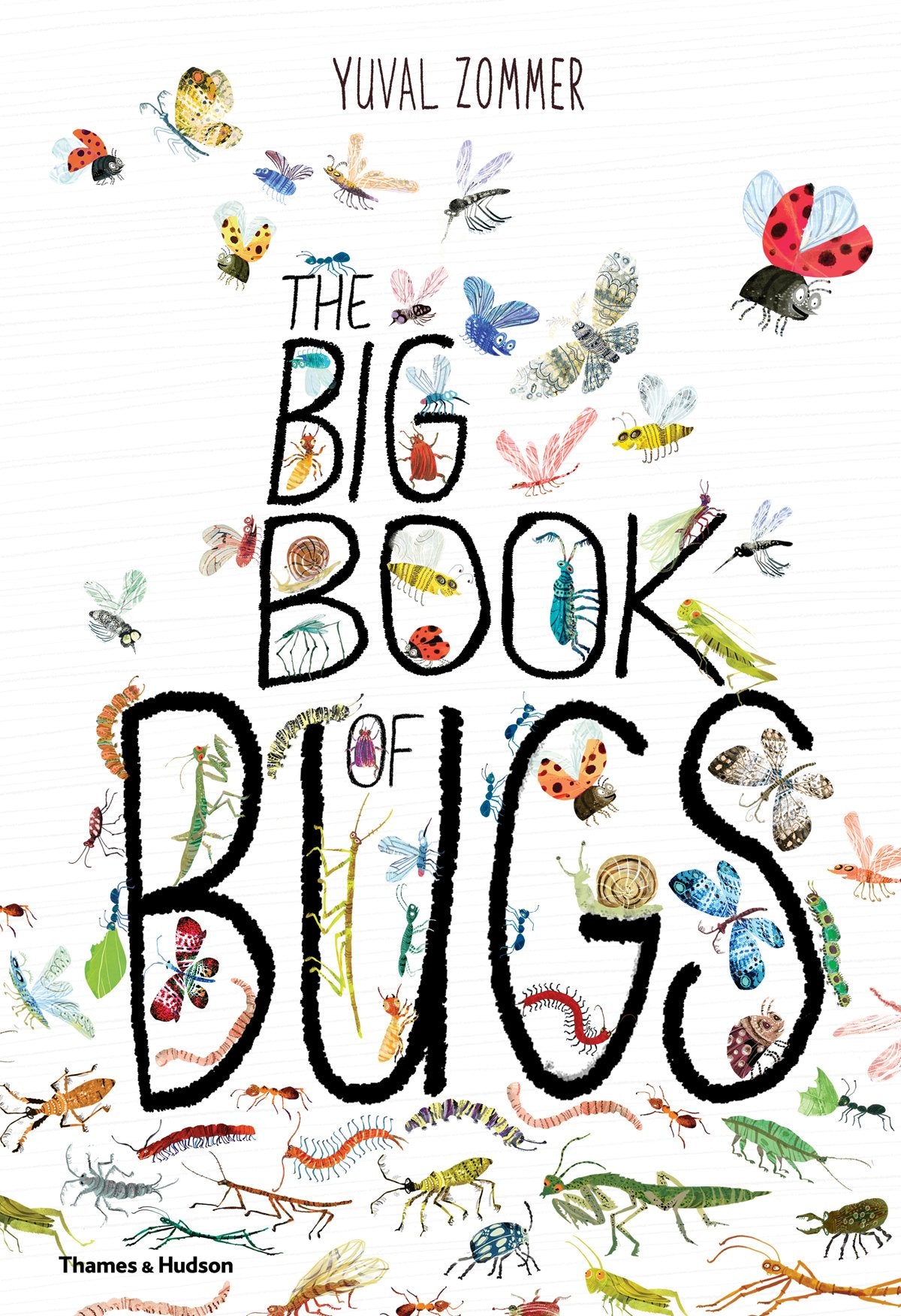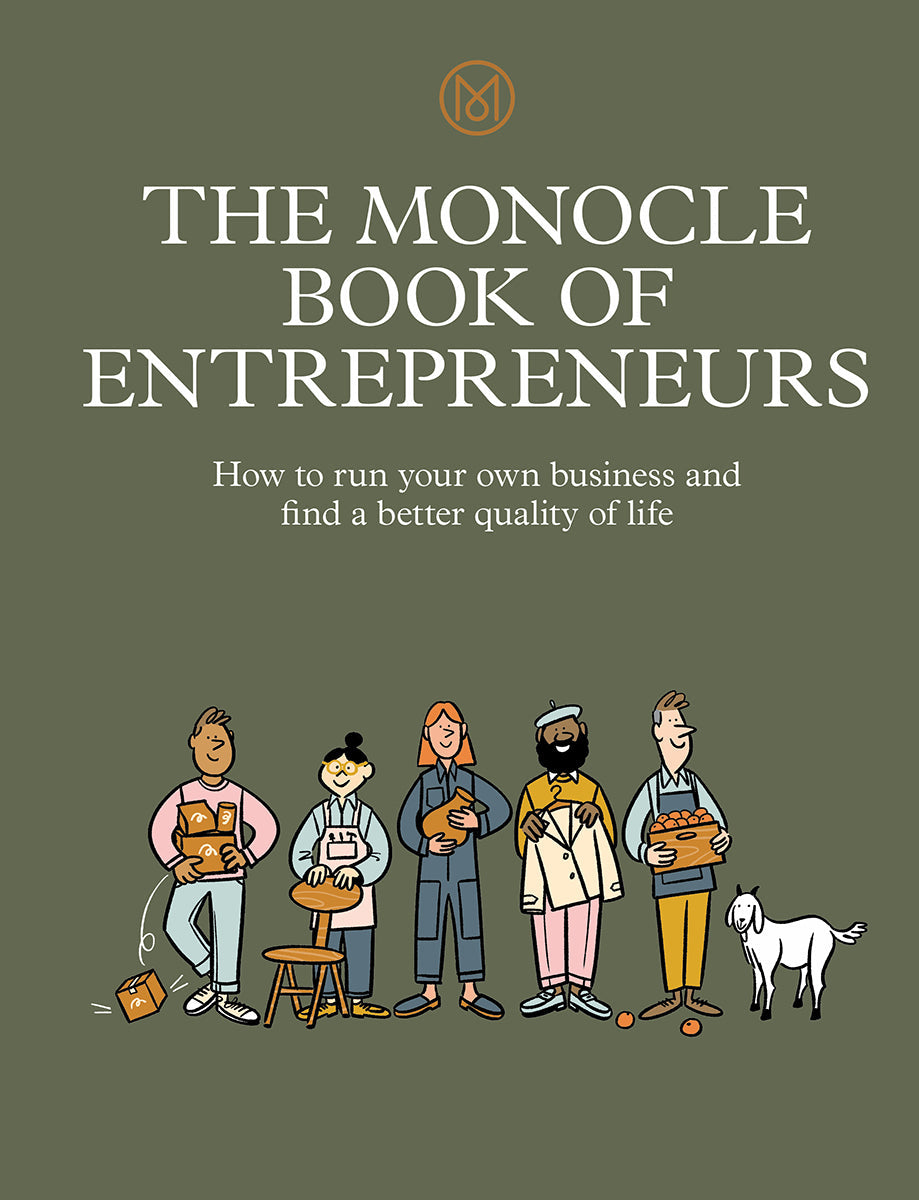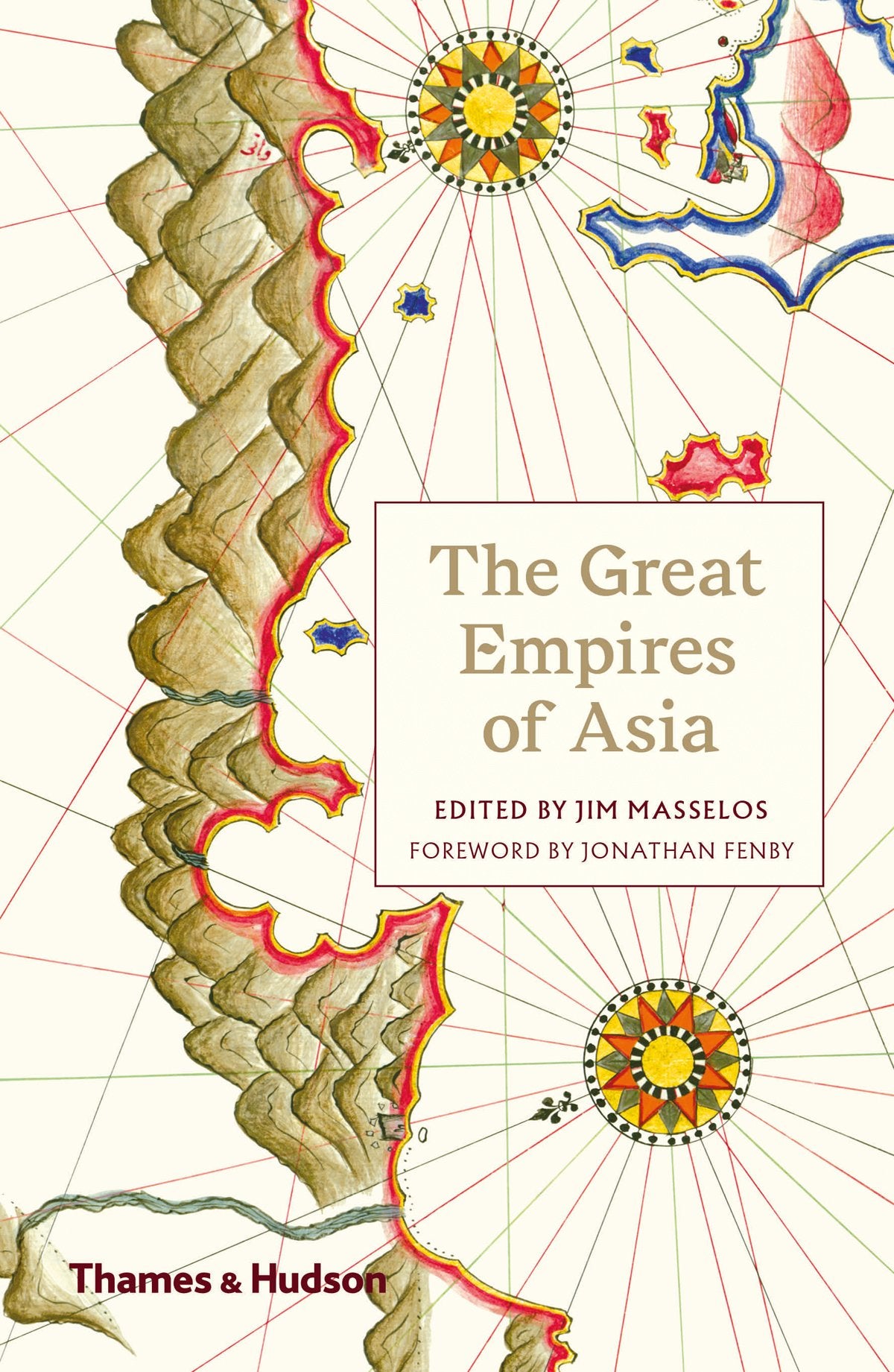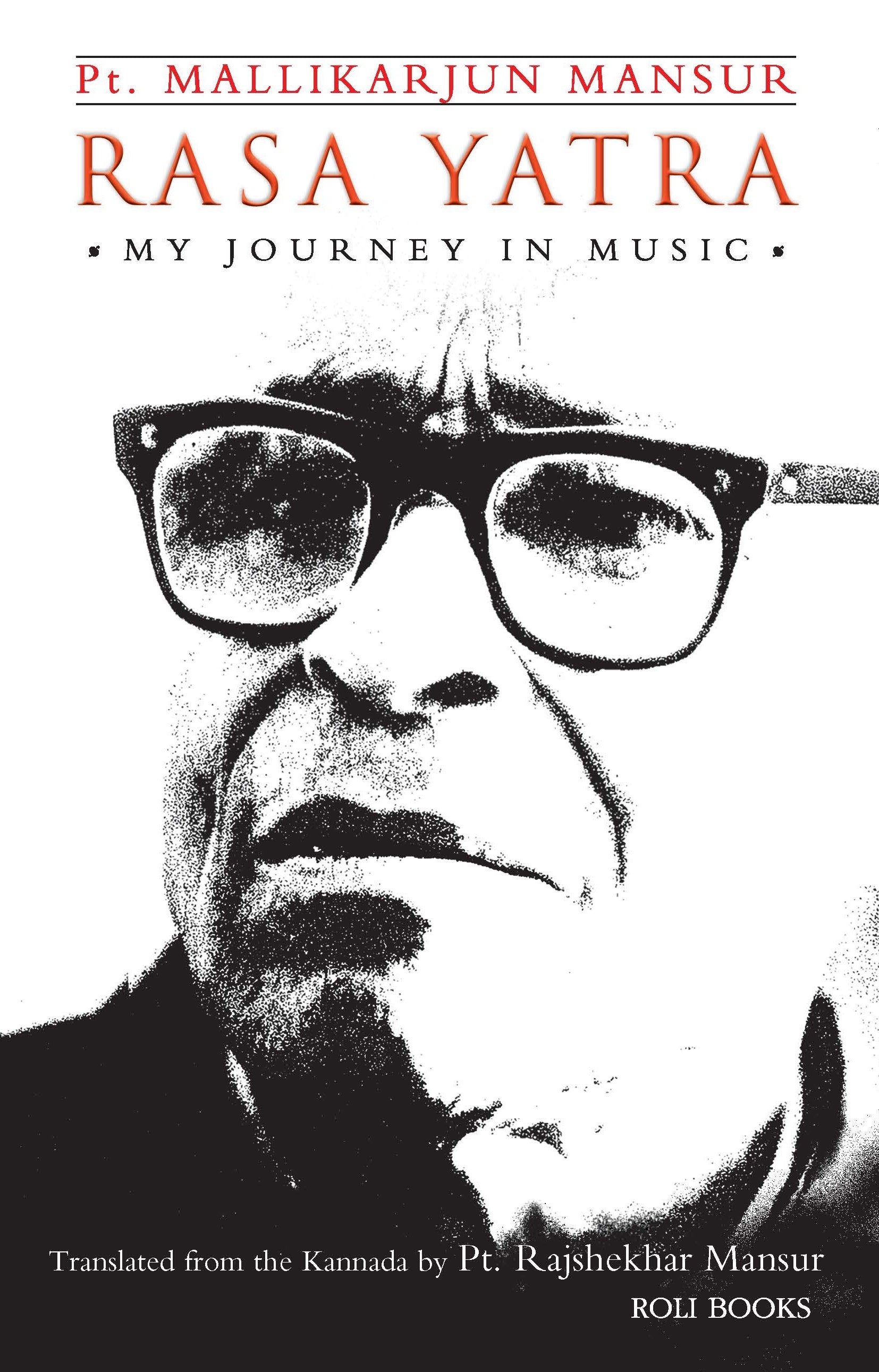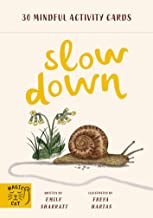Gordon Parks: Stokely Carmichael and Black Power
Lisa Volpe and Cedric Johnson
Stokely Carmichael and Black Power delves into Parks’ groundbreaking presentation of Carmichael, and provides a detailed analysis of his images and accompanying text about the charismatic leader. Essays by Lisa Volpe and Cedric Johnson shed critical new light on the subject: Volpe explores Parks’ complex understanding of the movement and its leader, and Johnson frames Black Power within the heightened social and political moment of the late 1960s. Carmichael’s own voice is represented through a reproduction of his important essay “What We Want” from September 1966.
Gordon Parks (1912–2006) was a photographer, filmmaker, musician and author whose 50-year career focused on American culture, social justice, the civil rights movement and the Black American experience. Born into poverty and segregation in Fort Scott, Kansas, Parks was awarded the Julius Rosenwald Fellowship in 1942, which led to a position with the Farm Security Administration. In 1969 he became the first Black American to write and direct a major feature film, The Learning Tree, and his next directorial endeavour, Shaft (1971), helped define a film genre.










